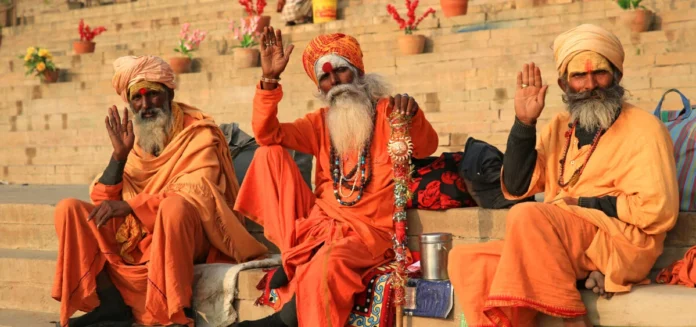Authors: Neha Sahgal, Jonathan Evans
Affiliation: Pew Research Center
Organization/Publisher: Pew Research Center
Date/Place: June 29, 2021 / Washington DC, US
Type of Literature: Survey/Analysis
Number of Pages: 223
Link: https://www.pewforum.org/2021/06/29/religious-freedom-discrimination-and-communal-relations/
Keywords: India, Religion, Hindu, Muslim, Minority, Partition, Pakistan
Brief:
In one of the biggest surveys ever done, 30,000 people were given a set of questions to discuss how people in India see religion. The outcome is not surprising: around 64% of Indians believe “it is very important to be Hindu to be ‘truly’ an Indian.” Muslims constitute at least 16% of the country’s total population. Eighty percent of respondents also think speaking Hindi makes one a “true Indian.” This mindset boosted electoral success of the ruling Hindu nationalist Bharatiya Janata Party. The survey also shows that there is a “strong preference for keeping religious communities segregated” despite the country claiming to be a secular one. India is a leader in beef exports across the globe (ranking 4th), exposing the contrast between how the current government acts in international trade and how it domestically polices the dietary menu. The survey reveals around 72% Hindus believe “a person cannot be Hindu if they eat beef” and the current regime has criminalized beef eating in the country; the state has not halted attacks on beef eaters which includes lynchings. It identifies that a strong majority among the Indian Muslims favor seeking remedy for family and inheritance-related cases in officially recognized Islamic courts, known as dar-ul-qaza. But the majority Hindu community is unlikely to support such a case. However, 48% of Indian Muslims view the partition of the subcontinent into Hindu-majority India and an all-Muslim Pakistan “was a bad thing for Hindu-Muslim relations. Only three-in-ten Muslims say it was a good thing.” Caste plays an important role regardless whether one is Hindu or not, “Indians nearly universally identify with a caste.” It is predominant among Hindus, in which the lower caste face utmost discrimination and unequal economic opportunities.
By: Riyaz ul Khaliq, CIGA Non-Resident Research Associate




